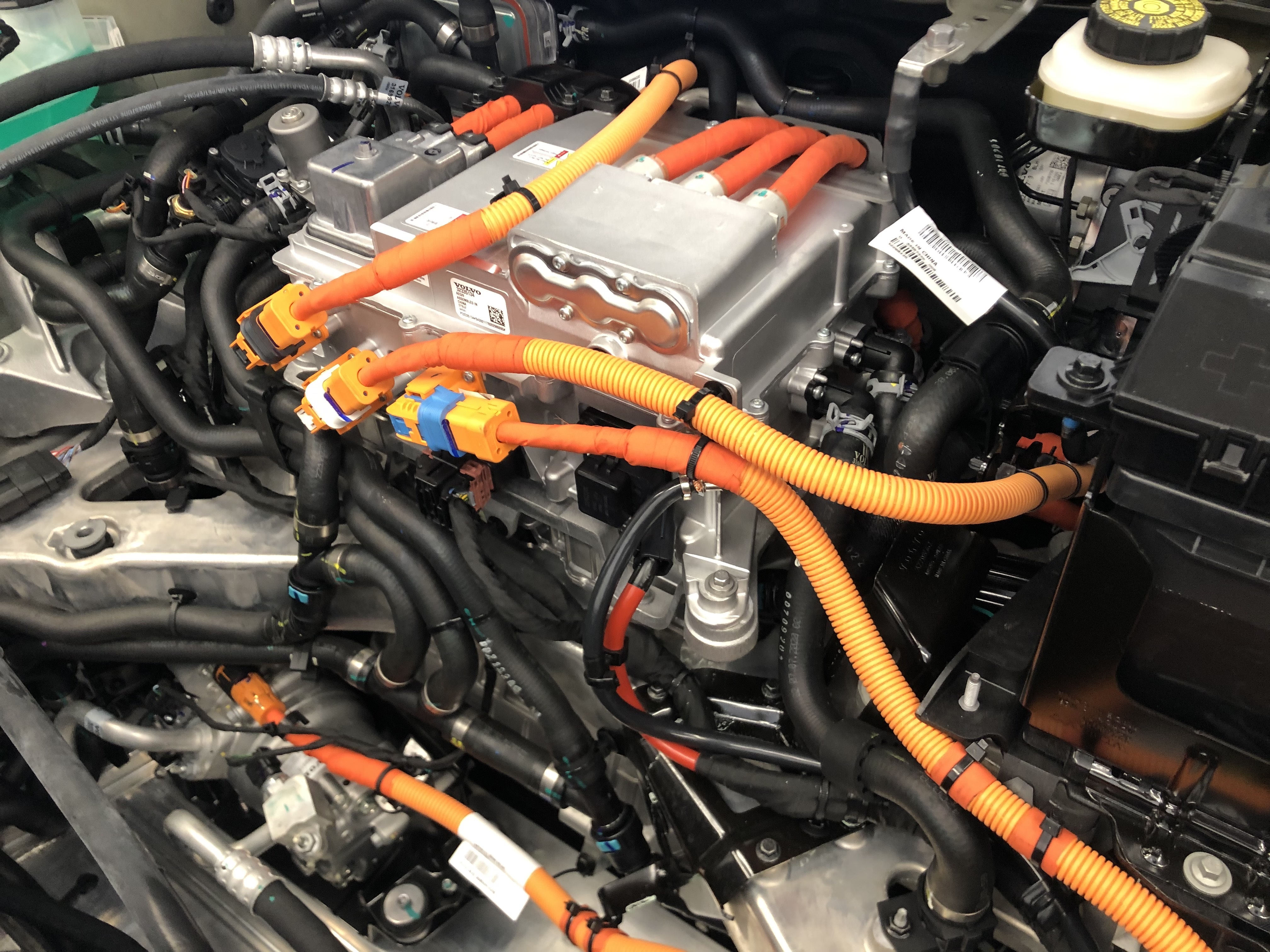CEET 100V - Electric Vehicle Technology and Service
Course Description

The CEET 100V course in the Electric Vehicle Technology and Service Program will provide Automotive Service Technicians with an entry point into the knowledge and skills required to safely diagnose, service, and repair high voltage electric vehicles.
The program is designed for Professional Automotive Technicians, building on experience with conventional vehicle systems, and developing the specialized skills necessary to service and maintain the ever-increasing numbers of electric vehicles on our roads.
This program intends to meet the current high demand for EV training in the dealership, independent, and fleet repair community. The program consists of 6 hours of interactive online learning and 30 hours of in class/shop theory and hands-on practical instruction.
As there is wide demand for this type of education, we anticipate offering a modified version of this course to individuals who may not be automotive technicians. If you are not an automotive technician and are interested in electric vehicle training, please fill out this quick form.
Course Outline
The course is set up in eight modules, the first three modules are to be completed online (approx. 6 hrs. to complete) prior to the start of the start of the in-person class. Their will be review and additions of this content during the lab section.
- There are numerous hands-on practical tasks completed during the course, including high-voltage (HV) battery pack removal, disassembly, testing and re-assembly; HV isolation fault testing and diagnosis; 3-phase HV motor diagnosis and testing; charging system testing and analysis
- There are a total of three quizzes, done during the online portion, and a final 40 question test done on the last day in the classroom.
Learner Outcomes
This 36-hour Camosun College Micro-Credential course is designed to give students a broad understanding of EV Technology and Service including:
- Applying high voltage safety procedures
- Distinguishing different categories of high voltage vehicles
- Describing high voltage powertrain systems
- Servicing high voltage powertrain systems
- Servicing high voltage battery charging systems
- Comparing high voltage vehicle drivetrain systems
- Servicing high voltage vehicle temperature management systems
- Describing maintenance procedures and summarizing known concerns for high voltage vehicles
Notes
Students are required to supply their own CSA approved footwear, coveralls/workwear, and safety glasses. High voltage safety PPE will be available for student use.
Prerequisites
Automotive Service Technician Red Seal Endorsement or registered apprentices who have completed Level 3 technical training. If you are an individual with a sound understanding of electrical theory, along with an engineering background or automotive repair experience or EV conversion experience, you may also be admitted. Prior to registering for this class, please confirm your eligibility with the instructor by emailing jonesp@camosun.ca.
Testimonials
“Camosun College is a very well-equipped facility with everything from cut away parts and whole engines with their components to complete vehicles to diagnose and take apart and test their systems hands on.
Myself and our Techs from Saanich all came away with a great training experience and new knowledge for ourselves and to take back to our workplaces. I would recommend this program to anyone or any operation that has EVs now or will have in the future.”
Mike Warhurst
Fleet Supervisor
District of Saanich


